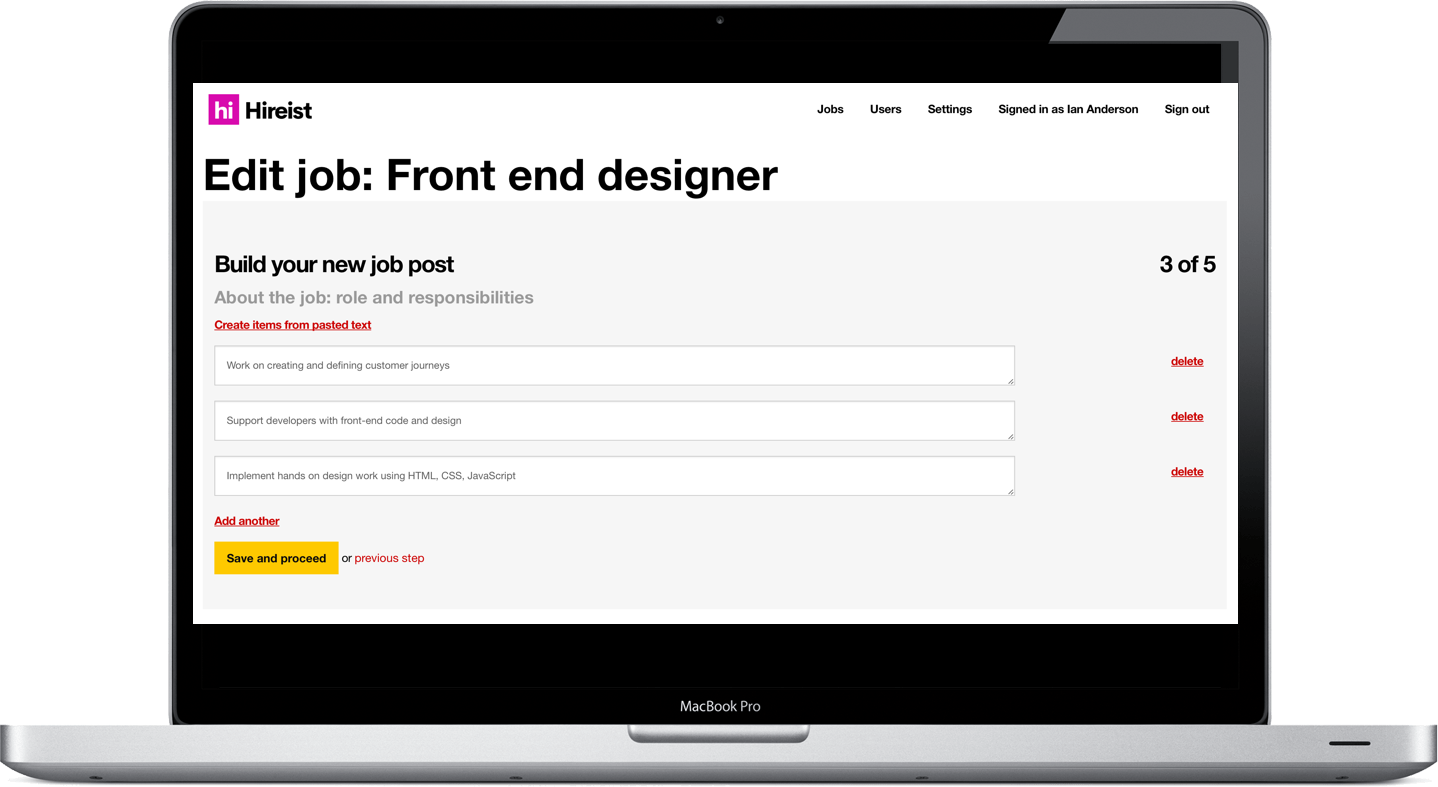Bias: We’re all the problem

When you start to find out about the issue of unconscious bias and the problems it creates for fair recruitment, there are three particularly surprising and problematic truths that everyone needs to know.
Firstly, it isn't a "them" problem, it's an "us" problem. All of us have biases and they affect our decision making far more than any of us realise.
Secondly, both men and women demonstrate gender bias; all of us, regardless of gender and however well-meaning, are unconsciously gender biased and do things that perpetuate the status quo without our ever knowing it.
Thirdly, trying to make people less biased through training or testing is often not just ineffectual, but can make the effects of bias more pronounced.
As Janet Crawford says in her talk "The surprising neuroscience of inequality" we are all unwitting accomplices in inequity and discrimination.
This might well be surprising, especially if we think of our brains as being like biological computers; we believe we move through our day making decisions consciously and rationally through logic and deliberation.
But actually conscious decision-making represents only a tiny fraction of what's going on in our brains - our conscious thoughts are more like froth on the surface of a deep and churning pool. The majority of our mental activity is concerned with forming and applying unconscious associations, and our brain uses these stored patterns to present short-circuit responses whenever needed. In his book Thinking, Fast and Slow, the Nobel Laureate psychologist Daniel Kahneman refers to this automated mechanism as "System 1" and it's the engine that's responsible for a vast array of different biases and cognitive distortions that don't just affect our decision making in hiring but in almost every aspect of our lives, sometimes with terrible consequence.
Kahneman characterises System 1 processes as being fast, automatic, frequent, emotional, stereotypic, unconscious and contrasts them with System 2 thinking which is slow, effortful, infrequent, logical, calculating, conscious thought.
The problem is that you can't train yourself out of using System 1; as Kahneman writes, "because System 1 operates automatically and cannot be turned off at will, errors of intuitive thought are often difficult to prevent. Biases cannot always be avoided, because System 2 may have no clue to the error...The best we can do is a compromise: learn to recognize situations in which mistakes are likely and try harder to avoid significant mistakes when the stakes are high."
Worse still, as this paper in the Lancet reports, "research also suggests mandatory training can actually reinforce, magnify, or normalise biases: "The positive effects of diversity training rarely last beyond a day or two, and a number of studies suggest that it can activate bias or spark a backlash...five years after instituting required training for managers, companies saw no improvement in the proportion of white women, black men, and Hispanics in management, and the share of black women actually decreased by 9%, on average, while the ranks of Asian-American men and women shrank by 4% to 5%. Trainers tell us that people often respond to compulsory courses with anger and resistance—and many participants actually report more animosity toward other groups afterward."
Focusing purely on implicit bias has other risks; "By focusing on individuals as the primary site for solutions, implicit bias depoliticises gender inequity, shifting focus away from the historical, social, structural, and political contexts in which those inequities are produced and maintained. For example, a limited focus on individuals engaged in paid work overlooks the inequitable division of unpaid domestic and care work that women do in the home and community and the resultant conflicts that can arise for women in the employment sphere. Furthermore, gender inequity cannot be separated from the wider context of class, race, ethnicity, geographical location, immigration status, sexuality, and countless intersections thereof".
The bottom line is knowing we're the problem doesn't fix it. We can't change how our brains work and focusing too much on the individual may make it harder to fix things, not easier. So we need better tools - tools that help us to do the right thing by default. That's why we built Hireist, to scaffold the process and make name-blind hiring as easy as it could possibly be.
It turns out that bias has most effect when we know the least; the more information you can get and the more evidence you have about a candidate and their ability to do the job before you expose decision makers to potentially sensitive characteristics like gender and ethnicity, the easier it is to circumvent System 1 and allow the slower, rational, System 2 processes to furnish objective decisions - the sort of decisions we like to think we make.
To find out more about Hireist and how it can help you build a stronger, more diverse digital team, check out our other posts below, or sign up for a free trial and give it a go yourself.





